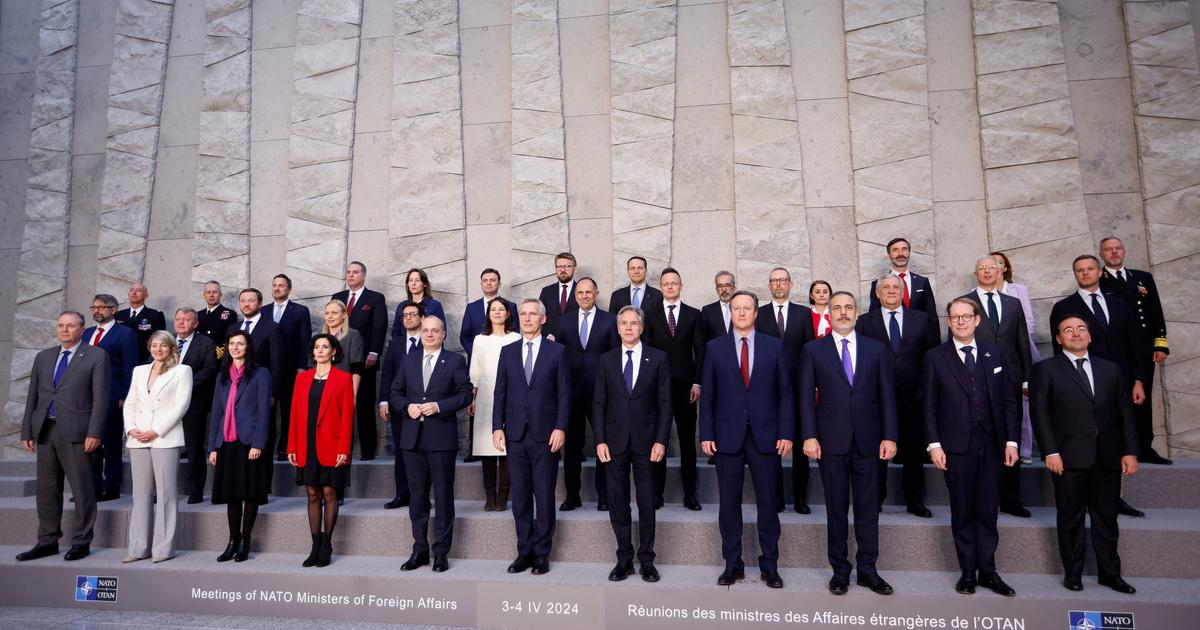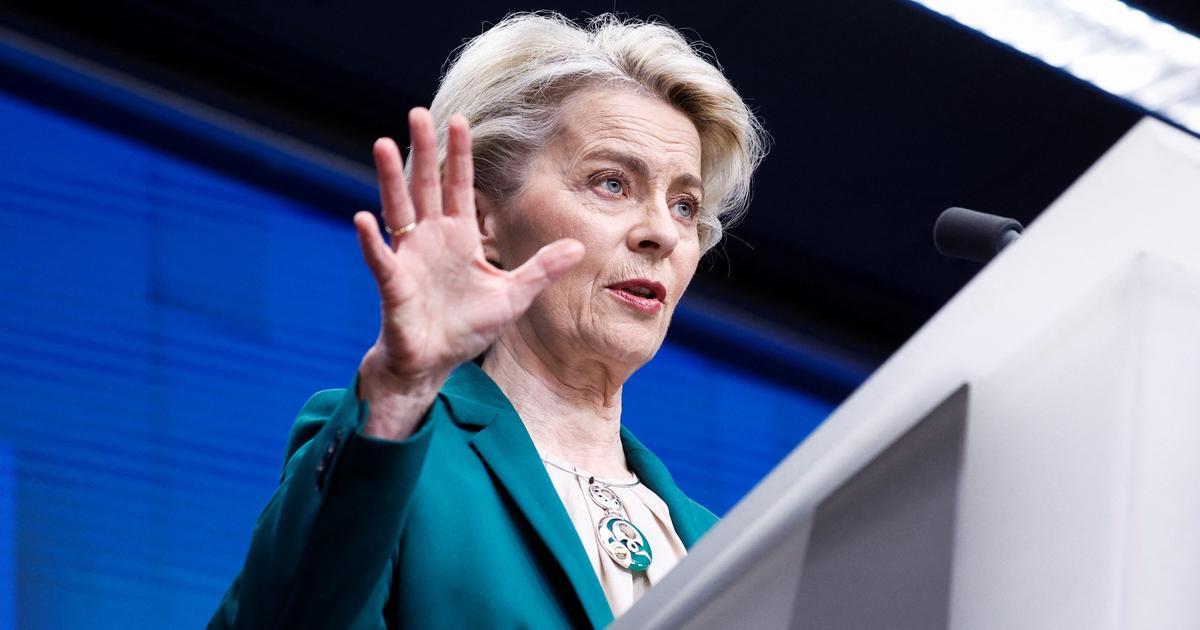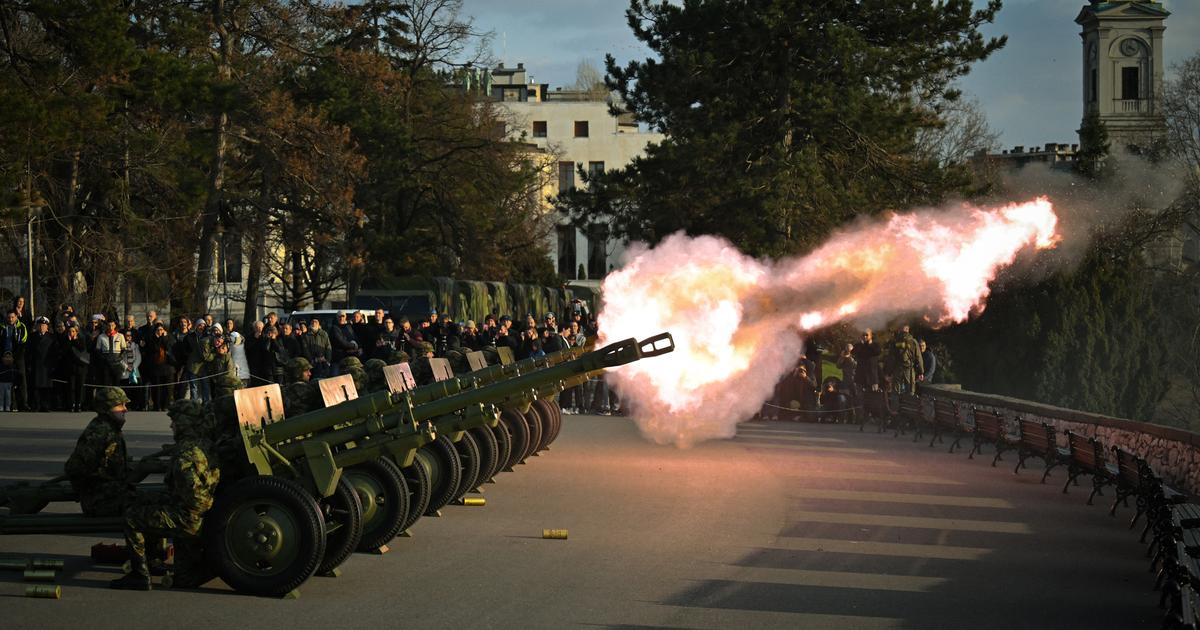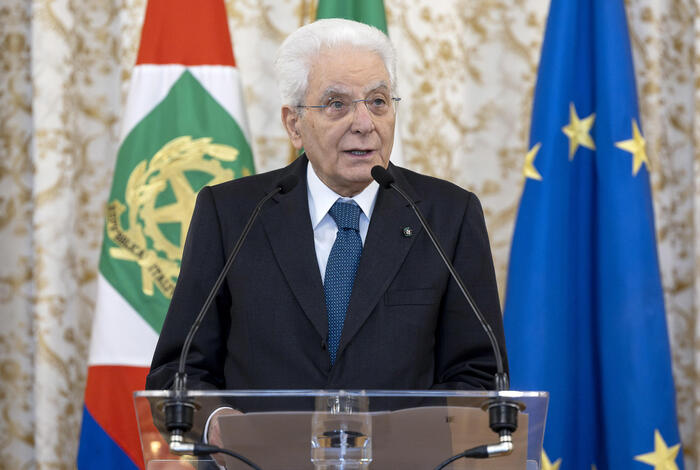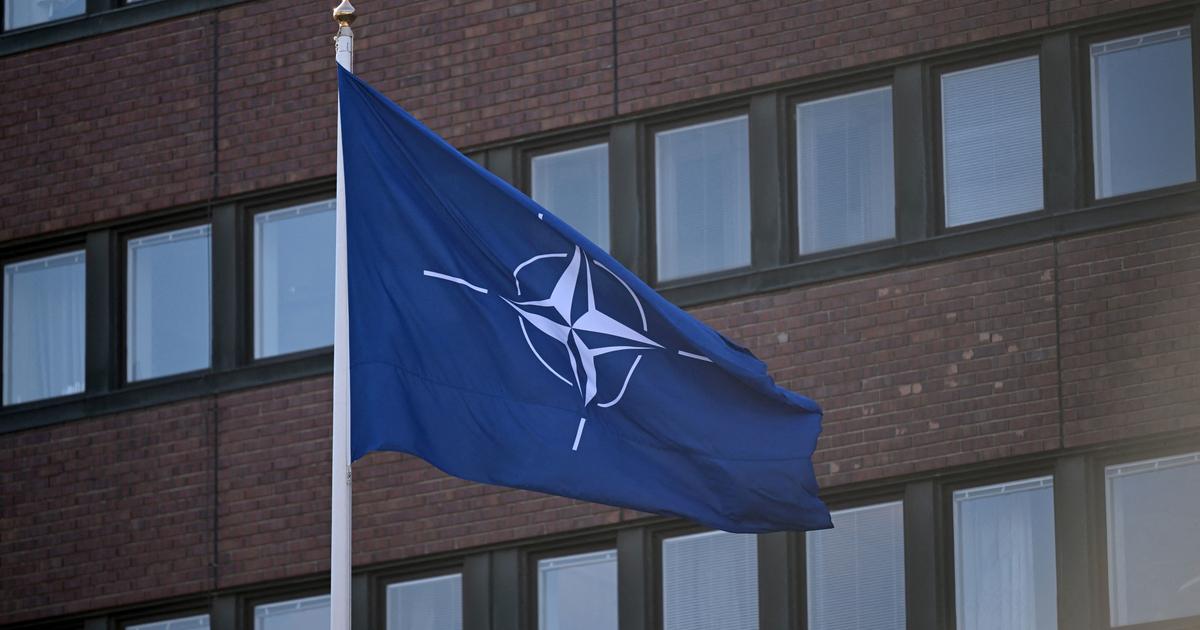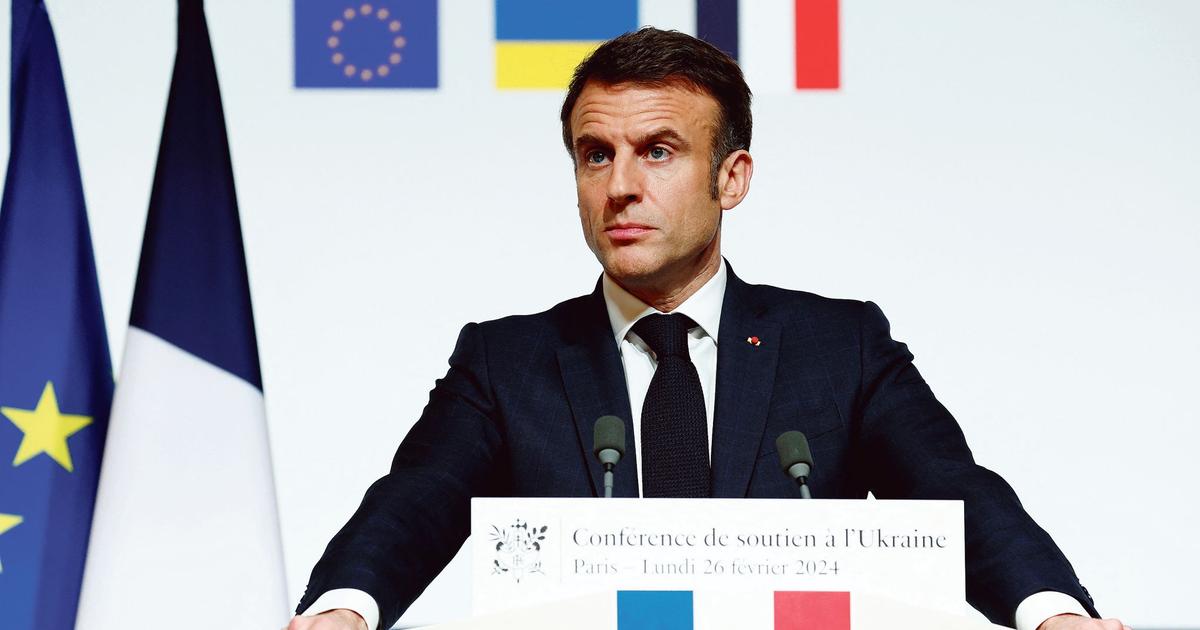In early April, Ukraine's President Volodymyr Zelensky warned that security will likely be the biggest problem his country will face in the next decade.
And he added: “We will become a great Israel with a face of its own.
We will not be surprised that (...) in all institutions, supermarkets and cinemas there are people with weapons”.
Although Ukraine will undoubtedly maintain aspects of a war economy even after the current conflict ends, it is already thinking about how to become a growing and recovering economy.
This does not mean going back to what was, but modernizing and reforming.
For this reason, it is not surprising that accession to the European Union is seen in Ukraine as a decisive element in this process, providing the necessary impetus to carry out much-needed reforms and consolidate the country as a democratic system.
More information
Follow live the last hour of the war in Ukraine
On the other hand, the EU is not at all clear that it can face a new enlargement at a speed that makes a material difference to Ukraine.
For this reason, there are those who defend the need to provide greater aid in other ways, beyond the current EU-Ukraine Association Agreement, but without reaching accession to the European Union.
There are two types of objections to the admission of Ukraine as a member of the EU.
The first type has nothing to do with Ukraine itself, but with what is known as “enlargement fatigue”.
The objection is that the governance of an ever-expanding EU becomes very difficult, since the countries do not have the same level of economic development, or even quality of institutions.
This objection echoes concern that the EU has not really been able to absorb the latest waves of enlargement.
Nor should it be forgotten that several countries in the Western Balkans are waiting in line to enter, but are still far from meeting the necessary requirements.
The second reason has to do more directly with Ukraine: EU enlargement has now taken on geopolitical significance.
The rise of China has brought the world to a state of greater economic competition rather than cooperation.
The war in Ukraine has exacerbated geopolitical divisions and forced the EU to step up its role in the world in multiple ways.
EU countries will break their dependency on Russian energy in a matter of months, not years.
They will invest more in their military strength and rethink military alliances in ways that would have been unthinkable just a few months ago;
Sweden and Finland want to join NATO, for example.
Crucial to all of this, however, is what the relationship between the EU and Russia will be in the medium and long term.
Will Russia remain the awkward neighbor to the East, or can the two achieve peaceful coexistence?
Everyone agrees that as Europe rearms, Ukraine's role in this relationship will be essential.
But not everyone agrees that the EU's interests will be better served with Ukraine as a full member of the Union.
Some see it as a buffer between the EU and Russia.
Others believe that Ukraine, as a full member, will prove a more secure counterweight to Russia.
The EU is right to worry about ungovernability.
And there is a valid concern that enlargement will reduce their capacity for further integration.
Bringing in more members makes things difficult or simply impossible for countries that want to cooperate more closely.
This tension has given rise to the idea of going at different speeds.
As the EU tries to come to terms with this idea of moving forward at multiple speeds, it must not forget that Ukraine has the right to choose for itself where it belongs.
Ukraine's desire to become a member is a validation of the EU as a value system worth emulating.
This validation comes with every country that applies for membership, but Ukraine is in a situation where it cannot afford not to choose sides or it will cease to exist.
Your application to join the EU is more than just an effort to get into a club: it is a fight for survival.
The real question for EU leaders as they consider Ukraine's request at the June 23-24 summit, and beyond, is what kind of club the European Union should be.
As a club of like-minded countries, it will certainly be easier to manage from within.
But differences of viewpoints will also be entrenched, making it much more difficult to cooperate with those who do not think alike.
Or it can be a sphere of influence, appreciating that global problems cannot be addressed by engaging only with like-minded people.
Global issues, from climate change to nuclear disarmament, imply a greater need to engage with those who think differently.
Such a club would have to reflect and innovate in terms of how to integrate its increasingly diverse members.
But it would be a club worth joining.
Maria Demertzis
is Bruegel's deputy director in Brussels.
Translation of
News Clips.
50% off
Exclusive content for subscribers
read without limits
subscribe
I'm already a subscriber

/cloudfront-eu-central-1.images.arcpublishing.com/prisa/ZWZJIXL7JDQQMHNWJ7OKOEAQCQ.jpg)
